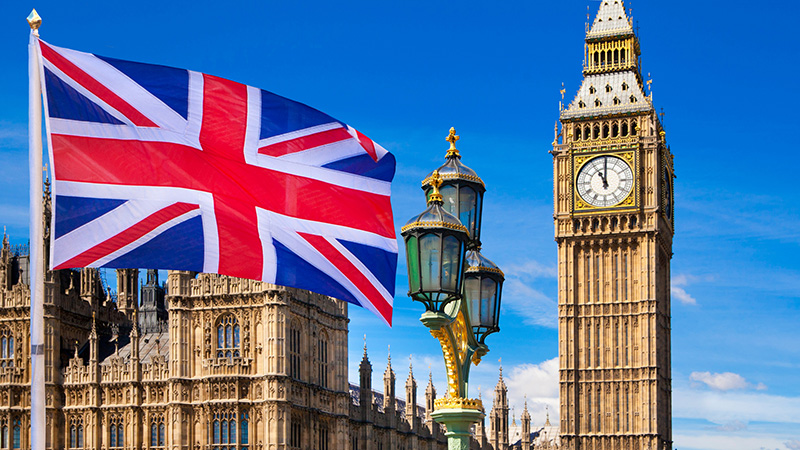The Listed Investment Companies Bill received its first reading in the House of Lords today (5 September) by Baroness Sharon Bowles.
The first reading is usually a formality, as it is held without a debate, and starts a bill on the path towards being adopted.
What exactly does the bill address?
The legislation, set out in a four-page document, seeks to address the classification of investment trusts and issues around the disclosure of costs associated with the vehicle.
If passed, the FCA and other relevant regulators will have to consider the characteristics and distinctions of listed closed-end investment companies (LCICs) compared to other fund types in the making of future policy.
Charges, including performance fees, will be recognised as deductions from the trust’s net asset value, rather than being portrayed as a deduction from the value of a shareholder’s shares. These charges will be publicly disclosed through the trust’s reports.
For fund-of-funds and other vehicles that invest in trusts, the bill specifies that charges on shares of trusts held by other collective investment vehicles should not be included in the vehicle’s cost disclosure.
Surviving EU rules on cost disclosures will also be amended to recognise the distinction.
The next stage for the bill will be a second reading, before it proceeds to the committee stage in the House of Lords.
See also: First reading of the investment trust bill: What will clearer cost disclosure rules mean?
A similar Private Members Bill, introduced by Baroness Ros Altmann in November 2023, had previously passed through three readings in the House of Lords earlier this year. The legislation would have seen investment trusts removed from AIFMD designation.
Under the AIFMD, investment companies are required to disclose costs in the same way that unit trusts are. However, the calling of the general election meant the bill was never debated in the House of Commons.










